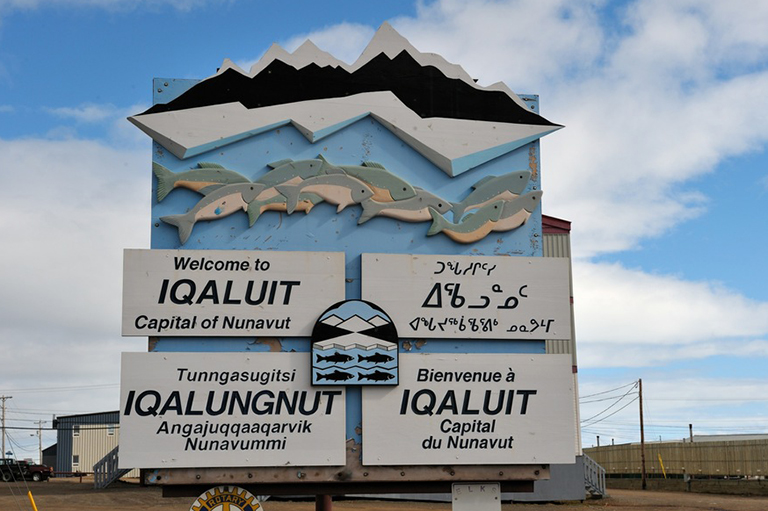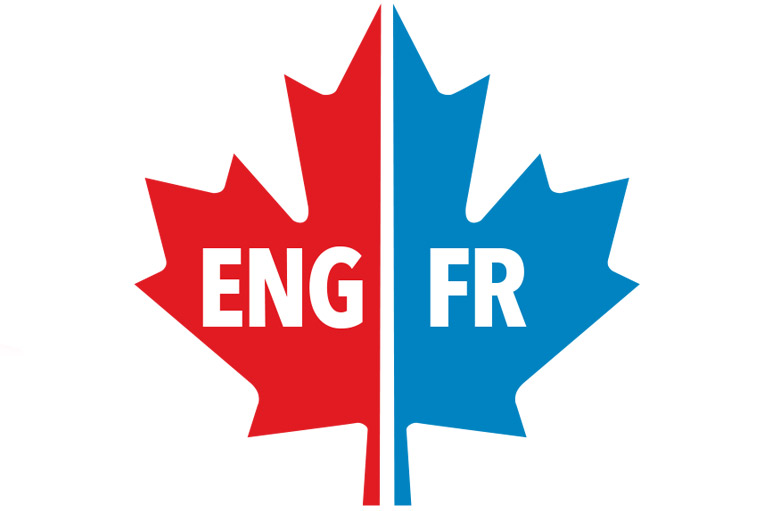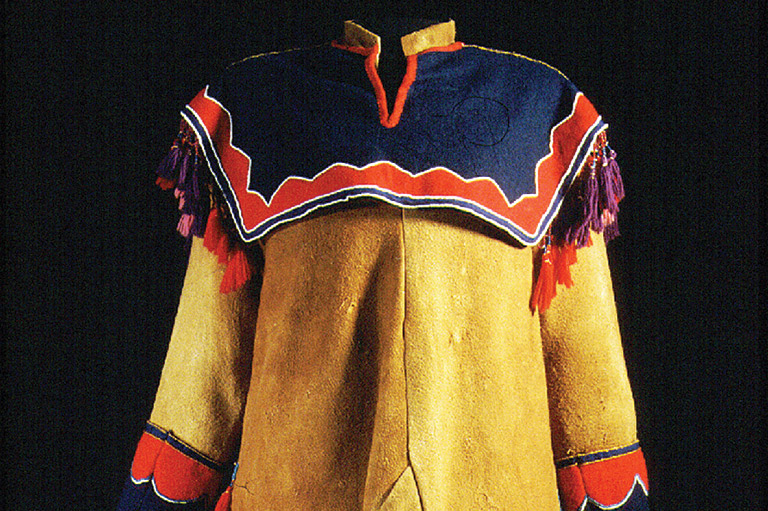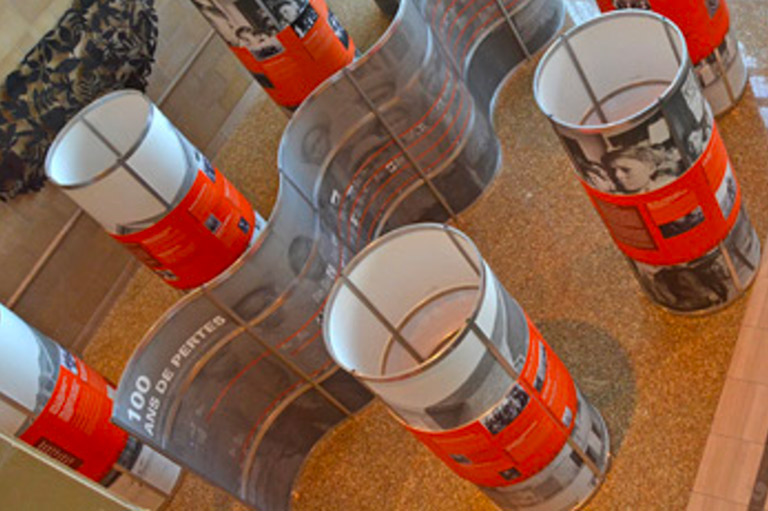Voices Reclaimed
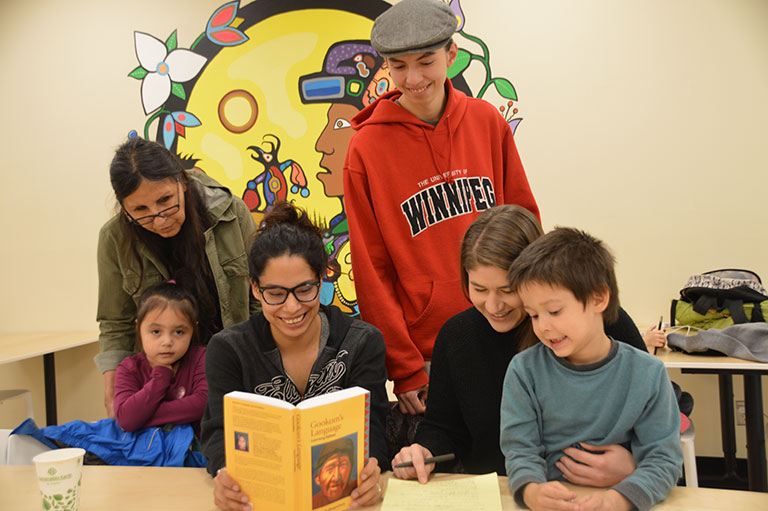
The federal government says the recently passed Indigenous Languages Act (Bill C-91) works to prevent the disappearance and extinction of Indigenous languages in Canada, and a number of Canadian organizations and educators are also doing what they can to keep them alive from coast to coast.
Passed on June 21, 2019, Bill C-91 is intended to “reclaim, revitalize, strengthen and maintain Indigenous languages in Canada,” according to the federal government.
Aandeg Muldrew, a nineteen-year-old Winnipegger of Ojibwe descent, is working to ensure that Anishinaabemowin, the language of the Ojibwe people, is kept alive in Manitoba. The Indigenous languages instructor teaches a free class once a week at the Wii Chiiwaakanak Learning Centre.
Sharing the language of his ancestors is important to Muldrew, because his grandmother taught him Anishinaabemowin when he was growing up.
“I have really benefited in my life from learning my language,” Muldrew said. “I believe it takes care of me just as I take care of it, because it has a spirit.”
Vianna Desjarlais attends the class once a week and often brings her four- and six-year-old grandchildren. For Desjarlais, part of keeping Indigenous languages alive is making sure those languages are taught to young people.
“I want to teach them, because when I was young I didn’t know my language,” Desjarlais said. “Now, when I learn the language, I feel better about myself and closer to my culture and my ancestors. When the young people learn the language, they will be the ones that will keep it from disappearing, and they will feel closer to their culture and to who they are.”
On the west coast, young people are learning Indigenous languages through an immersion program that teaches the Kwak’wala language at Ripple Rock Elementary School in Campbell River, B.C.
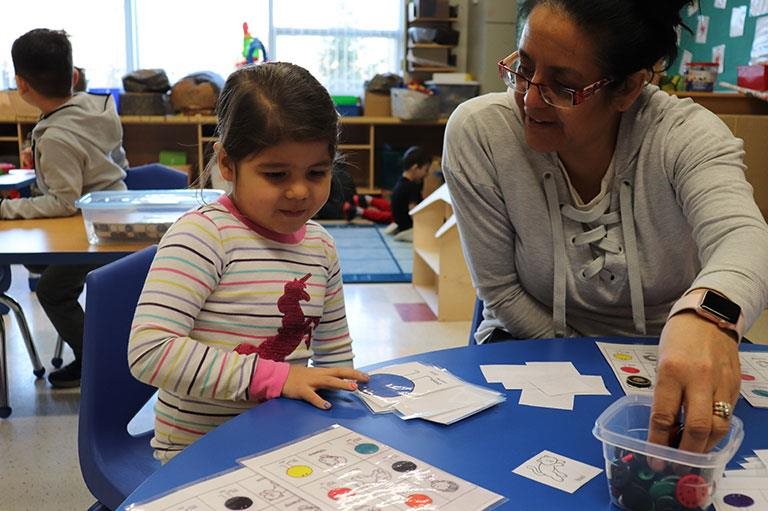
That program, which got underway this fall, allows some of the school’s youngest students to learn the Kwak’wala language, which is spoken on Vancouver Island and other areas of coastal B.C.
“Students in the class are exploring and learning the Kwak’wala language mostly orally through songs, centre exploration and putting language to everyday items,” division spokesperson Jennifer Patrick said. “Through language and cultural instruction, Indigenous students build a strong sense of self; it reinforces their sense of belonging.”
On the east coast, Cape Breton University (CBU) offers intensive courses in the Mi’kmaq language often taught by elders, and the program works to insure students not only learn the language but are able to use it conversationally.
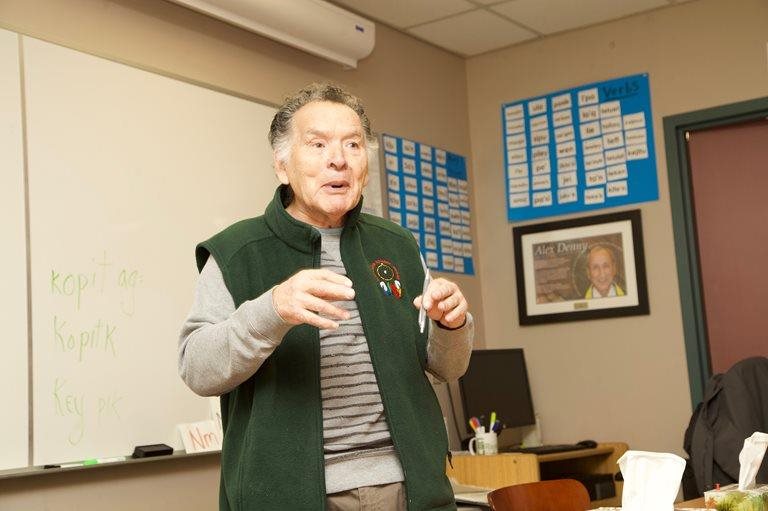
“For over forty years and three generations of students, Mi’kmaq elders have been teaching conversational Mi’kmaq courses at CBU on the university campus.” CBU Mi’kmaq Studies facilitator Stephanie Inglis said.
“What is unique at CBU is the focus on intermediate and especially advanced courses in Mi’kmaq conversation.”
Themes associated with this article
Advertisement
You might also like...
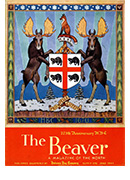
Canada’s History Archive, featuring The Beaver, is now available for your browsing and searching pleasure!

Beautiful woven all-silk necktie — burgundy with small silver beaver images throughout. Made exclusively for Canada's History.



